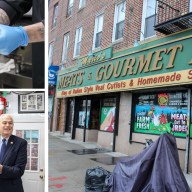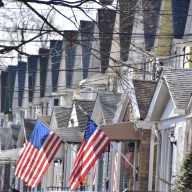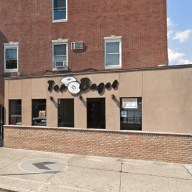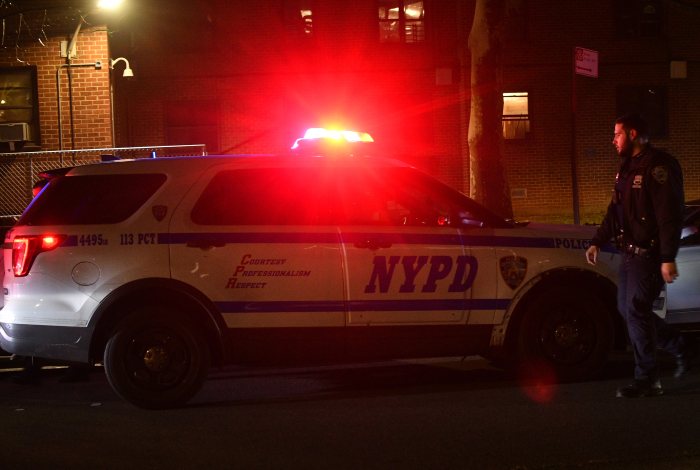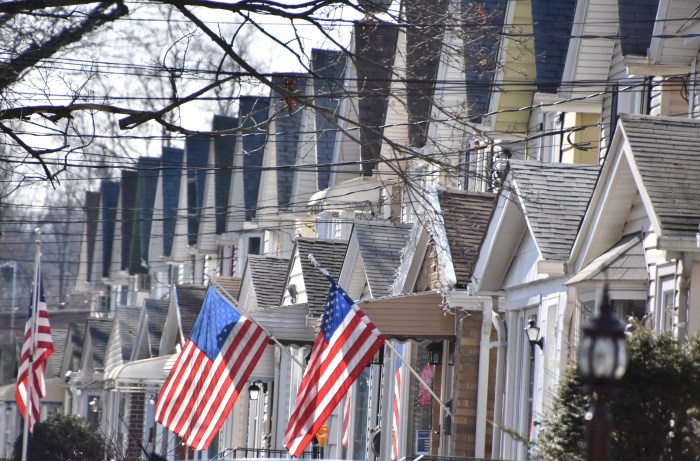By Dustin Brown
A proposal to build an 18-unit apartment house that will provide a home for people with psychiatric disabilities is slowly winding its way through the city’s approval process before the project can break ground in Glendale.
Although Community Board 5 originally approved the assisted living facility for 80-89 Cypress Ave. back in August 2000, the project came before the board again Oct. 9 on a technicality that could delay it another half year.
PSCH, the College Point not-for-profit corporation that will build and operate the apartment house, wants to demap a planned extension of 59th Street that was required for a proposed housing development that the property’s previous owner ultimately dropped.
The road was only extended on paper — in person it just looks like “a big fenced lot,” according to Community Board 5 District Manager Gary Giordano — and now PSCH is looking to effectively erase it from the map.
But the request, which must be heard through the city’s Uniform Land Use Review Process and ultimately decided by the Board of Standards and Appeals, may drag on for another six months before the project can move forward. The community board unanimously approved it last week, which was only the first step.
“We don’t anticipate difficulty — just time,” said Jane Martino, the coordinator of community relations for PSCH, which already operates facilities on the Creedmoor campus and in other parts of the city.
The apartment building will house people with psychiatric problems who either graduated from more intensive programs or had previously been living in the community at large.
“It would be people who have a diagnosis of — it could be bipolar disorder, it could be obsessive-compulsive, it could be depression,” Martino said. “The particular people for this apartment house are people who have already demonstrated the ability to live successfully in the community with minimal support.”
The project is being funded by the U.S. Department of Housing and Urban Development, which had issued a request for proposals to build the facility in Queens as a means of providing more affordable housing for people with psychiatric disabilities.
“Affordable housing for anybody in the five boroughs is in pretty short supply,” Martino said. “And then the additional burden on people with disabilities is that they may have lower incomes, they may not be working and they may receive Social Security supplemental income, so it’s even more difficult, obviously.”
The residents, who will live two or three to an apartment, will all hold jobs or attend school, paying 30 percent of their income toward rent. If they are not already employed when they arrive, “we would help them either to go back to school or get into a job training program,” Martino said.
The three-story residence will be staffed 24 hours a day with case managers, security and doctors on call, and built in a style that blends in with the surrounding structures.
Although proposals to build group facilities often spark protests from neighbors, the community board approved the plan two years ago with only one dissenting vote — with the caveat that no residents have a history of violence or drug abuse or a serious criminal record.
Reach reporter Dustin Brown by e-mail at Timesledger@aol.com or call 229-0300, Ext. 154.







